test
SDSCon
MIT Statistics and Data Science Conference
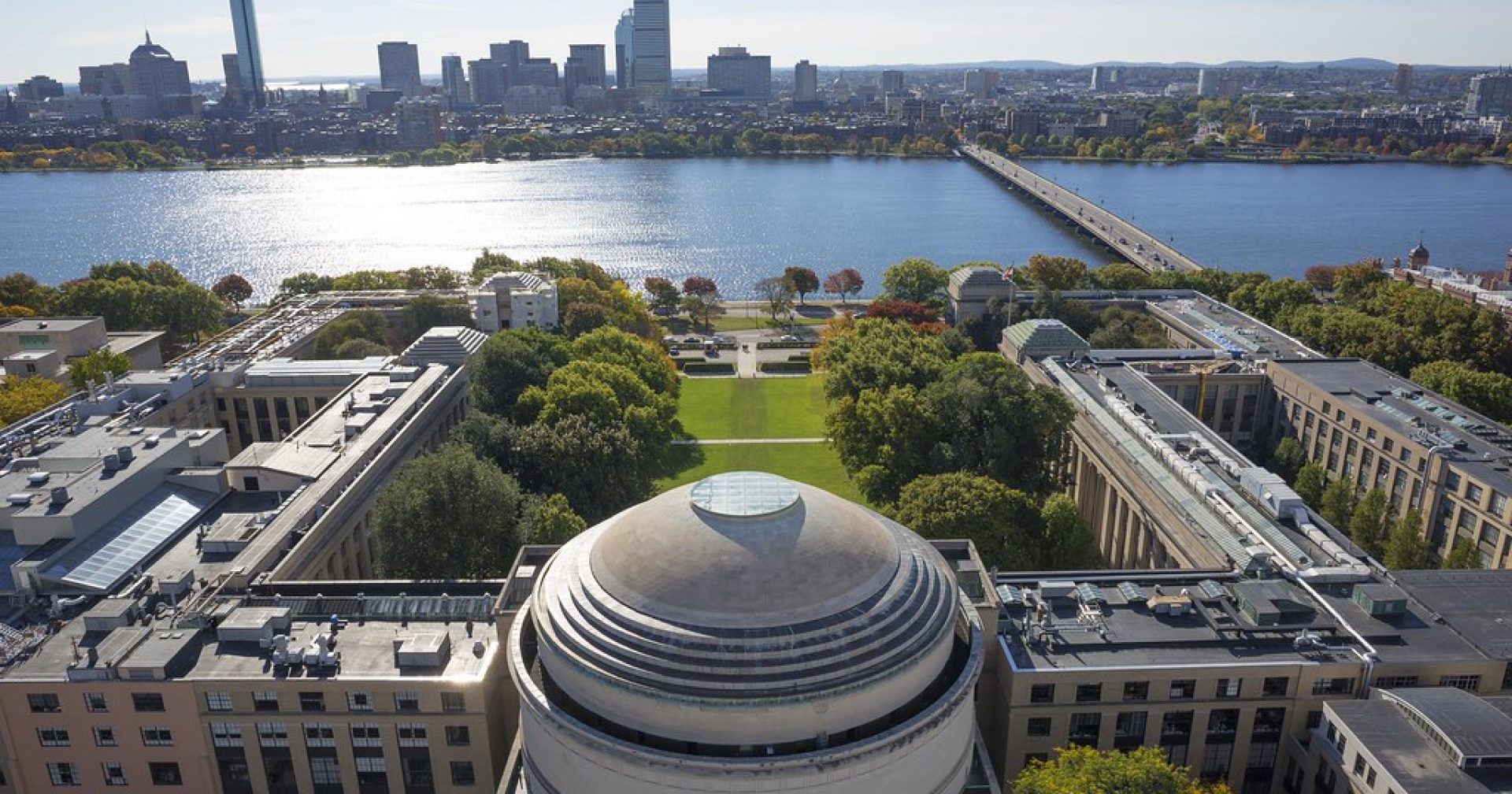
SDSCon 2024
MIT Statistics and Data Science Conference
Friday, April 12, 2024 | Bartos Theater
#mitsdscon
Speakers
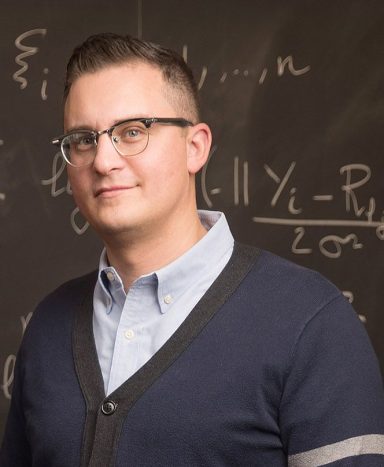
Philippe Rigollet works at the intersection of statistics, machine learning, and optimization, with current research on statistical optimal transport and the mathematical theory behind transformers. At the Université Paris VI, he earned a PhD in mathematical statistics in 2006. He has held positions as a visiting assistant professor at the Georgia Institute of Technology and assistant professor at Princeton University.
https://math.mit.edu/~rigollet/
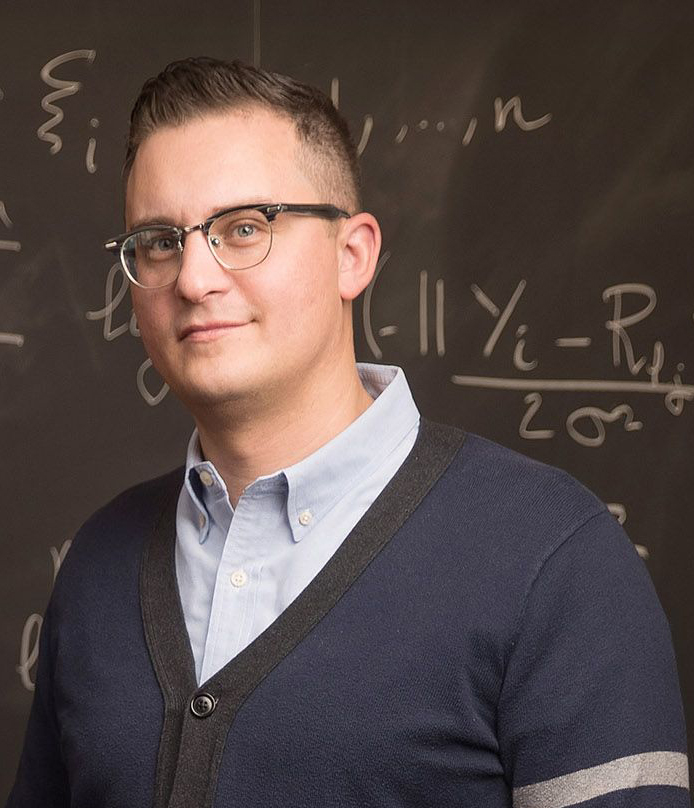
Philippe Rigollet works at the intersection of statistics, machine learning, and optimization, with current research on statistical optimal transport and the mathematical theory behind transformers. At the Université Paris VI, he earned a PhD in mathematical statistics in 2006. He has held positions as a visiting assistant professor at the Georgia Institute of Technology and assistant professor at Princeton University.
https://math.mit.edu/~rigollet/
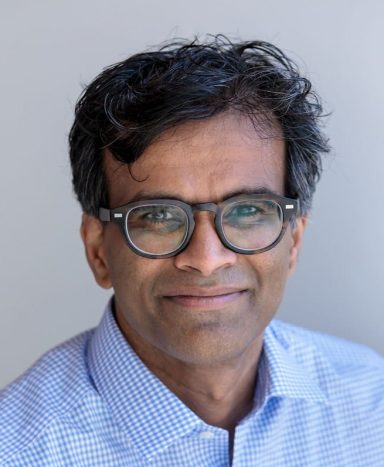
Sendhil Mullainathan is the Roman Family University Professor of Computation and Behavioral Science at Chicago Booth. His current research uses machine learning to understand complex problems in human behavior, social policy, and especially medicine, where computational techniques have the potential to uncover biomedical insights from large-scale health data. In addition to being a co-PI at the joint Berkeley-UChicago Laboratory for Systems Medicine, Sendhil is the cofounder of the computational medicine initiative, Nightingale. He’s also a co-founder of Pique, a an app that changes how people read books and learn; and Dandelion, a company that catalyzes AI in healthcare.
https://sendhil.org/
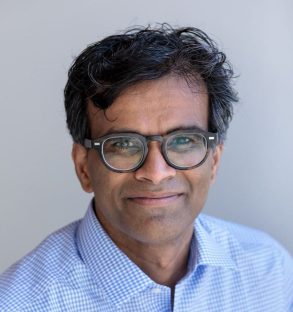
Sendhil Mullainathan is the Roman Family University Professor of Computation and Behavioral Science at Chicago Booth. His current research uses machine learning to understand complex problems in human behavior, social policy, and especially medicine, where computational techniques have the potential to uncover biomedical insights from large-scale health data. In addition to being a co-PI at the joint Berkeley-UChicago Laboratory for Systems Medicine, Sendhil is the cofounder of the computational medicine initiative, Nightingale. He’s also a co-founder of Pique, a an app that changes how people read books and learn; and Dandelion, a company that catalyzes AI in healthcare.
https://sendhil.org/
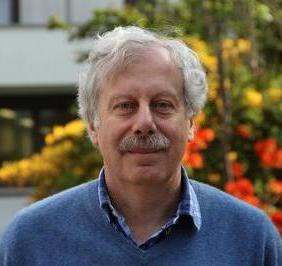
Vladimir Koltchinskii is a Professor in Mathematics at the Georgia Institute of Technology.
Currently, his research interests have been in the area of high-dimensional statistics. He has worked on a variety of topics in probability and statistics, including probability in Banach spaces, empirical processes theory, strong approximation, random matrices, nonparametric statistics, mathematical foundations of machine learning, statistical methods in imaging, oracle inequalities, sparse recovery and low-rank matrix recovery.

Vladimir Koltchinskii is a Professor in Mathematics at the Georgia Institute of Technology.
Currently, his research interests have been in the area of high-dimensional statistics. He has worked on a variety of topics in probability and statistics, including probability in Banach spaces, empirical processes theory, strong approximation, random matrices, nonparametric statistics, mathematical foundations of machine learning, statistical methods in imaging, oracle inequalities, sparse recovery and low-rank matrix recovery.
